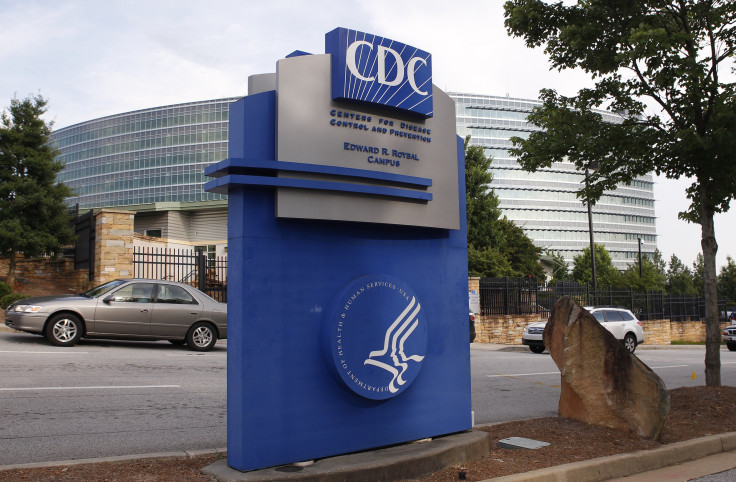Enterovirus EV-D68 Facts: Should We Fear Infectious Respiratory Disease Targeting Children?

From California to Maine, school districts across the country are spreading awareness about enterovirus-68, the infectious respiratory disease almost exclusively targeting children that directly led to the death of at least one child last month. At the same time, health officials are trying to quell the anxiety caused by the more than 600 confirmed cases of enterovirus-68 in the country.
The virus was hardly known to most Americans before Monday, when 4-year-old Eli Waller of New Jersey was the first child whose death was found to be directly linked to enterovirus-68. Eli was kept home from school Sept. 25 with what his parents thought was pink eye. He died in his sleep the next morning.
Dr. Emmanuelle Waubant, a neurologist at the UCSF Benioff Children’s Hospital in California who discovered cases of a polio-like illness that may be linked to enterovirus-68, said the level of alarm being sounded over the virus is largely unwarranted. A vast majority of the enterovirus-68 cases are “just as benign as the common cold,” she said.
“It’s probably a little out of proportion compared to what it should be,” she said. “Because of all the fear that has been raised by these upper respiratory viral infections hitting the U.S., it’s important to keep everything in perspective. The number of kids [with enterovirus-68] that have been counted in the U.S. is not concerning at this point.”
While little is known about enterovirus-68, with the current outbreak being the largest, most of its symptoms still mirror the cold or minor flu, said Dr. Rafal Tokarz of the Center for Infection and Immunity at Columbia University's Mailman School of Public Health.
"At this point, it doesn't seem like we should" be worrying as much as we are, Tokar said. "The virus as of yet doesn't seem like it's more severe than the other enteroviruses," which number more than 100.
Waubant said there should be more concern about the flu, which affects far more children and is more deadly than enterovirus-68. And while there’s no cure for enterovirus-68, there are vaccinations against the flu.
The Hamilton Township School District, which covers the school attended by Waller, Yardville Elementary, detailed an aggressive response to Eli’s case Monday, including a 14-point classroom cleaning checklist and a bathroom cleaning checklist with 12 items. The district also said it would monitor any spikes in illnesses and contact the township’s health department if any increase is identified.
Other school districts across the country posted information about enterovirus-68 on their websites, including how the virus is spread and urging parents to keep their children home when they are sick. School District 5 of Lexington and Richland Counties in South Carolina took its efforts a step further after false information spread about a pupil who had another, less serious type of enterovirus.
Mark Bounds, the district’s chief information officer, said text messages and email blasts were sent to parents to inform them that the case was “no more serious than what we deal with all the time. ... There was confusion about whether this was a more serious strain.”
Death from enterovirus-68, also known as EV-D68, is rare. The Centers for Disease Control and Prevention said Tuesday while the virus was detected in four patients who died, aside from Waller, “the role that EV-D68 infection played in these deaths is unclear at this time.”
Occurrences of enterovirus-68 are common in the summer and fall, according to the CDC, although the number of confirmed cases -- 628 in 44 states and the District of Columbia from mid-August to Tuesday -- is unusually high. The virus usually declines “later in the fall,” the agency noted.
The CDC still doesn’t know what’s causing a rise in the number of cases. “This increase could be caused by many different viruses that are common during this time of year. EV-D68 appears to be the predominant type of enterovirus this year and may be contributing to the increases in severe respiratory illnesses,” the agency said.
© Copyright IBTimes 2025. All rights reserved.






















